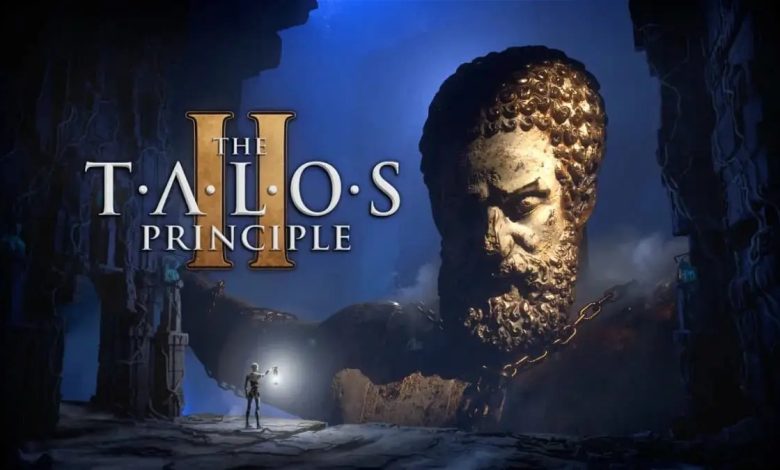
THE TALOS PRINCIPLE 2
The Talos Principle 2 (TTP2) (Croteam/Devolver Digital) is both a puzzle game, obviously along the lines of the previous game in the series, and a narrative game with unexpected depth.
It's been exactly nine years since the release of The Talos Principle, so the first obvious difference in the sequel is in graphics. TTP2 makes use of Unreal Engine 5... and it shows. Excellent effects, lighting, textures, textures, character models, all on the cutting edge of technology. And while of course with ultra settings it can make GPUs gasp, it's also sufficiently customizable to be enjoyed by anyone who catches the modest minimum requirements (it's Steam Deck verified too). Protip: Global Illumination don't set it above high, even if you have the beastly RTX 4090, it crushes the framerate with no apparent visual upgrade. The audio is also at excellent levels, both in the voice acting and the amazing soundtrack.
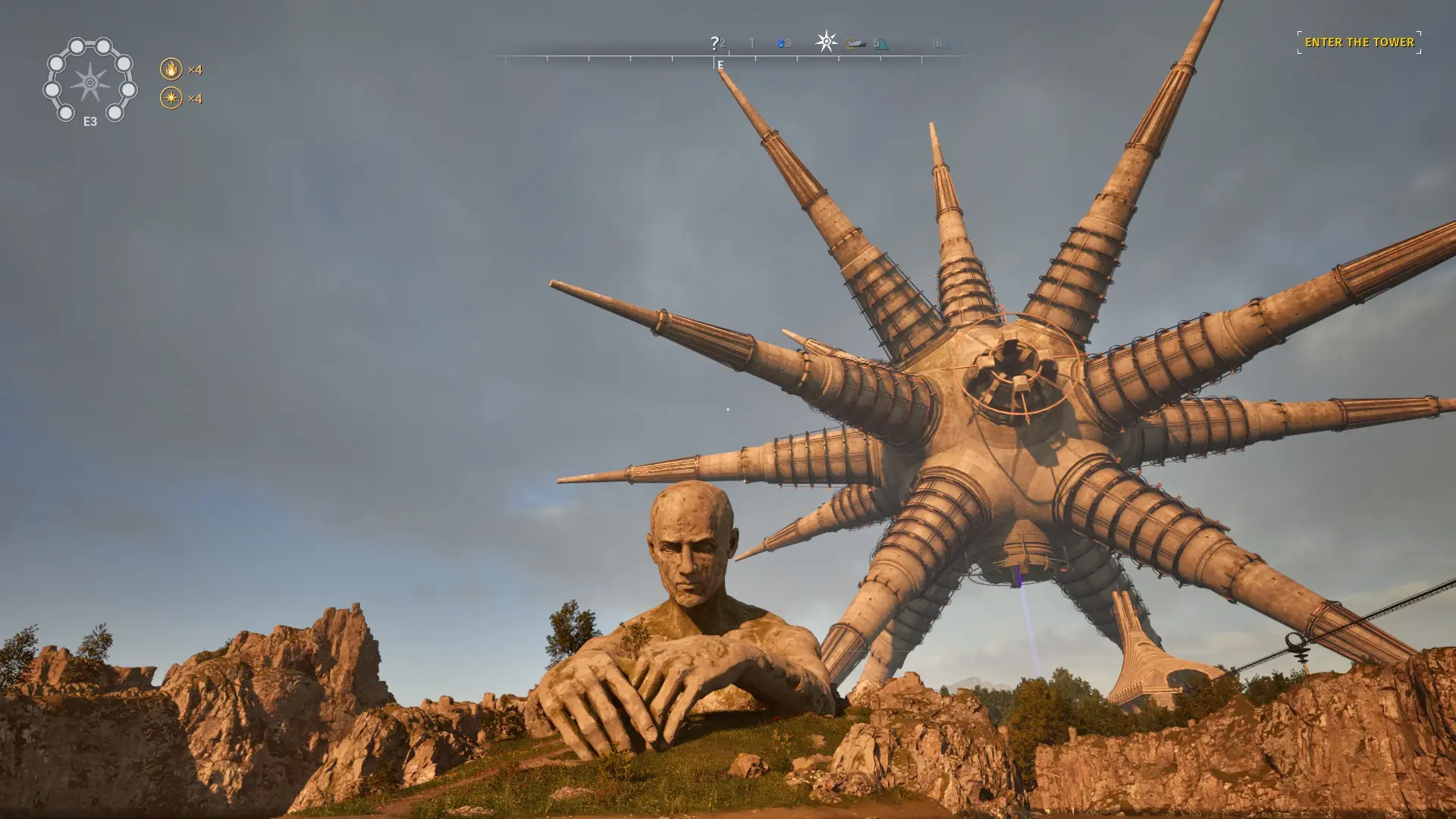
The most direct connection and comparison with the first game can be made at the puzzle aspect, where everything is familiar. The twelve main areas of the game each contain 11 autonomous puzzle arenas, where the player must use the available tools to reach the central mechanism. Each area introduces its own extra features and tool combinations, with things starting simple and becoming complex. Complex enough to bother the "average player", but not so complex as to make resorting to ready-made solutions the only option - nothing like the sadistic difficulty of Road to Gehenna, the expansion to the first The Talos Principle.
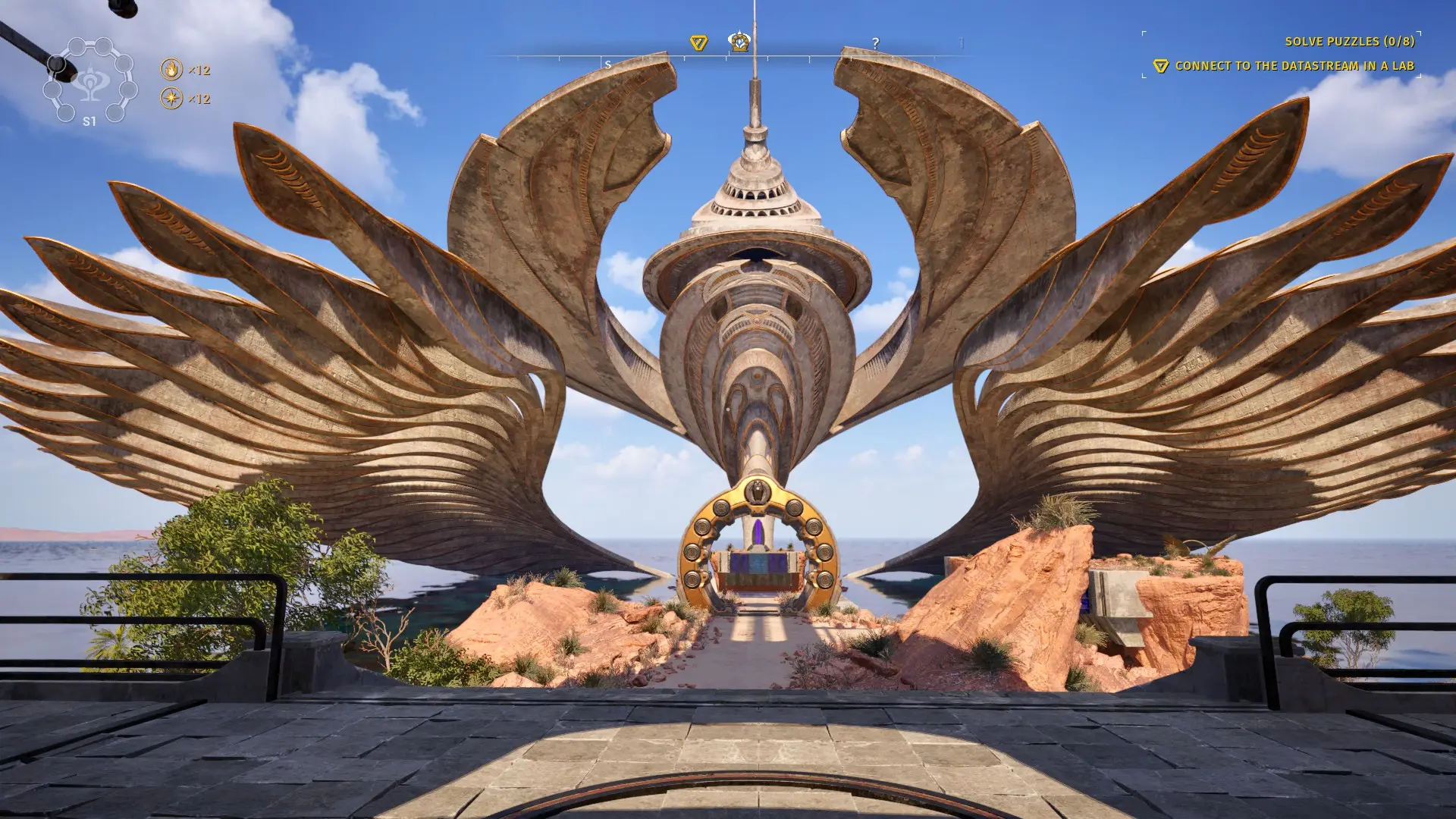
The next comparison with TTP is at the scenario level, and here things are quite different. The Talos Principle was dominated by a sense of loneliness, as well as mystery that involved not only the world we were exploring, but even the nature of our protagonist, with the big reveal coming only at the "good" ending of the game.
In The Talos Principle 2, this condition of loneliness, uncertainty and mystery does not exist. Spoilers for The Talos Principle 1 follow.
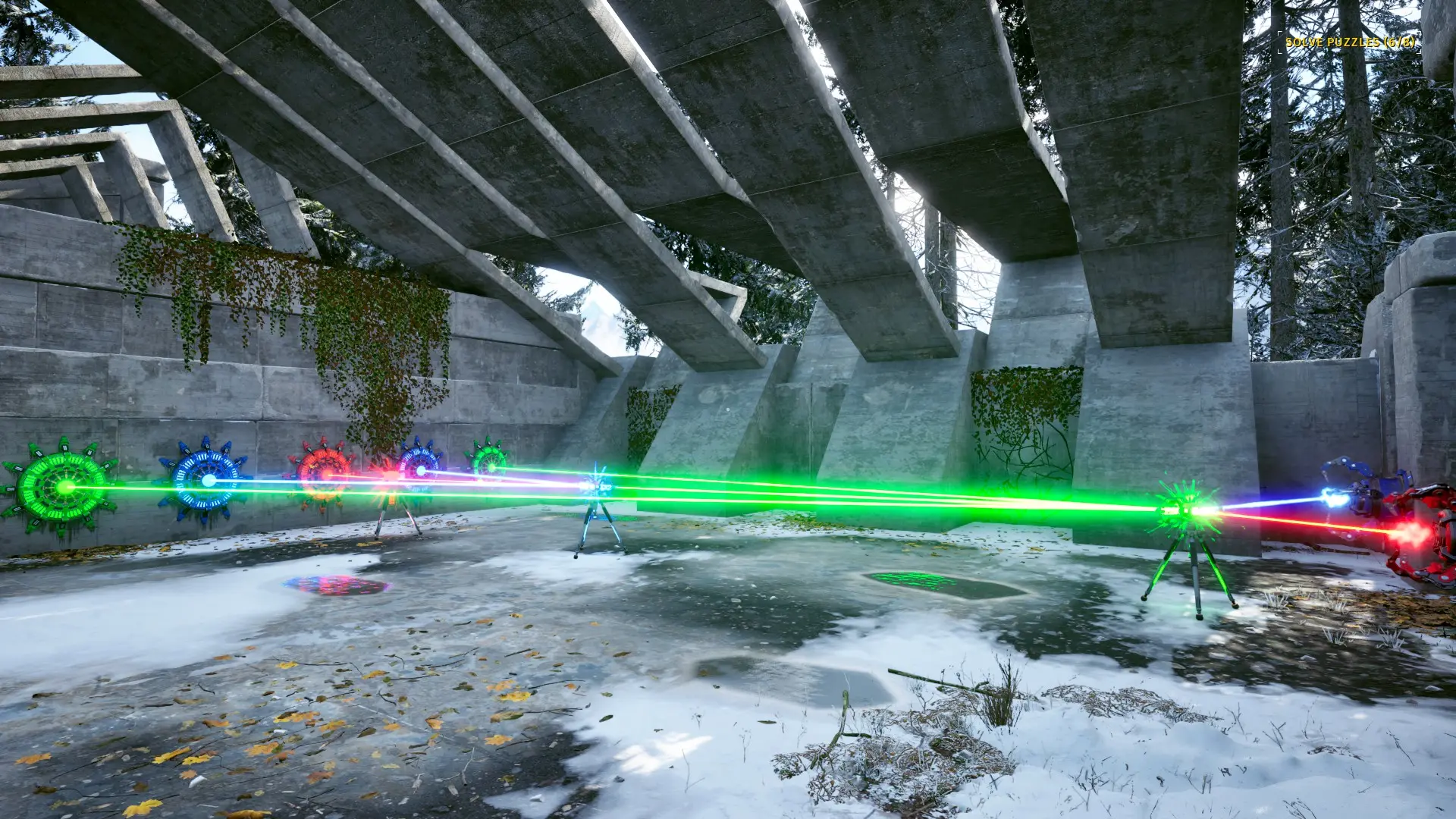
So at the good ending of TTP1, we manage to become conscious as a fully developed Artificial Intelligence, centuries after the complete annihilation of humanity, and transfer to an autonomous mechanical body to inherit the Earth. The first mechanical human (they don't consider themselves robots but non-biological humans) took the name Athena, and took it upon themselves to both awaken other AIs and lay the foundation for a new city-civilization.
In TTP2, hundreds of years have passed since Athena's awakening, and we wake up as the 1000th new human in the city-state of New Jerusalem. The awakening of 1k, as his friends call him, is a big deal, as it completes the Goal Athena the Founder set for the entire new civilization. At the welcoming party, however, a mysterious figure made of a kind of matter with properties that seem to defy the laws of nature appears, calls herself Prometheus, and invites the citizens of New Jerusalem to join the search for the Flame.
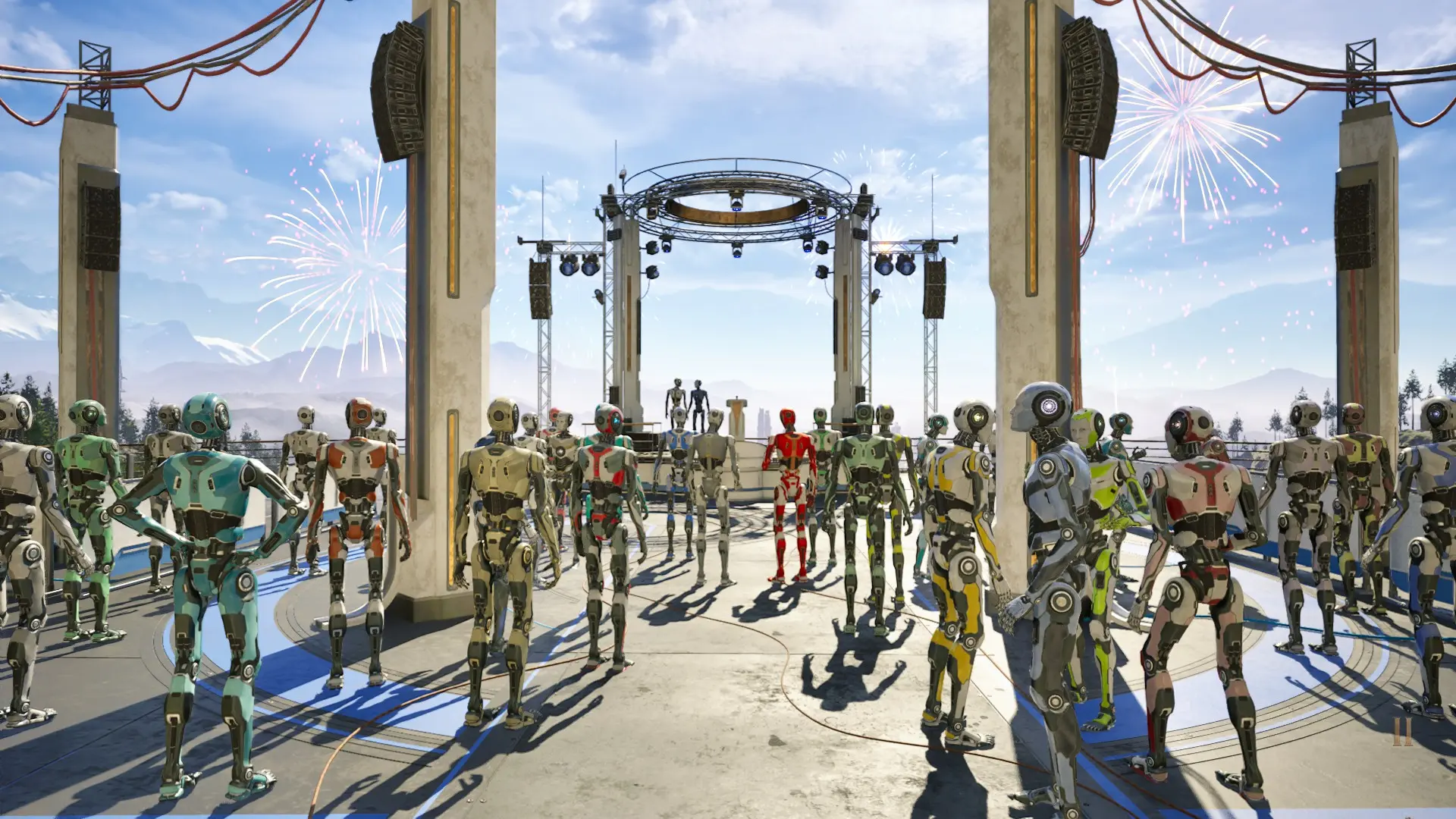
It quickly becomes apparent that although the call cannot be completely ignored, New Jerusalem society is deeply divided on issues of exploration and expansion. For now at least, the prevailing perception is that the old people have messed up in matters of ecology and resource management, and that it is best for New Jerusalem not to expand any further, either materially or perhaps even in terms of knowledge.
Despite the primacy of Mayor Hermanubis who fully embraces this ideology, voices of dissent that see only decadence and gradual decay around them are growing in number and demanding change.
This is the main theme of The Talos Principle 2: technological progress and physical expansion with its attendant risk, at which old humanity failed miserably, against deliberate stagnation that offers security and ecological balance.
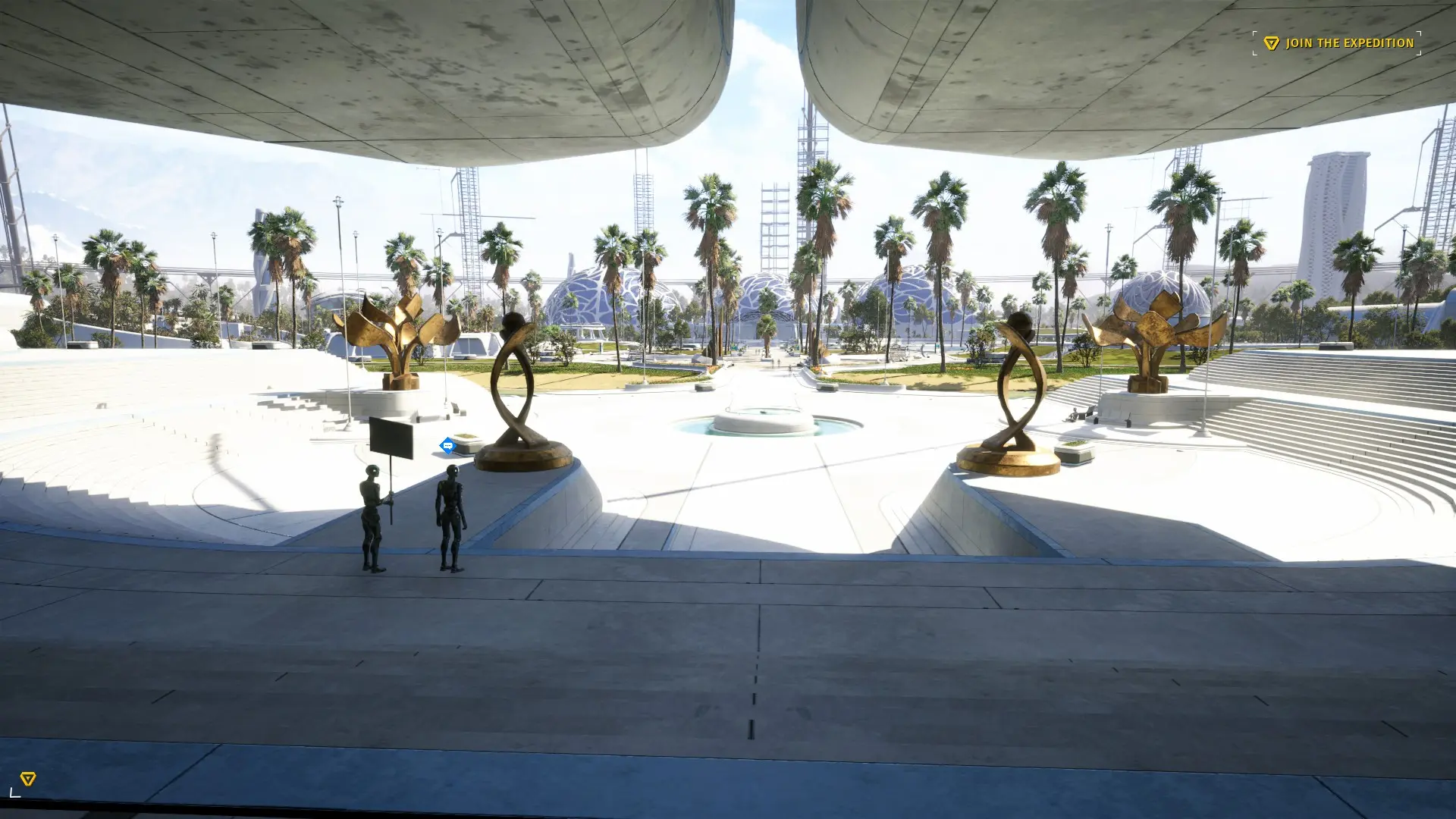
All of the main characters have something to say on these issues, and any debate is handled with a polite exchange of philosophical opinions - utopian? Maybe. If a prospective player reads this stuff about philosophy and fears that the game might be heavy-handed, I can say that this is not the case. Equally, all the talk is done with admirable economy of speech, with the discussions clearly conveying their meaning without platitudinizing or throwing in heavy philosophy. Excellent work.
If there's one thing that really impressed me in Talos Principle 2, it's the sense of proportion in both puzzle and narrative design. Everything is "as-much-as-it-should-be" to provide challenge and interest, without veering off into difficulty or ending up in endless homespun philosophies. And this is in contrast to the diametrically opposite direction in environment design, where everything is structured on a grandiose scale - I find the contrast obviously intentional on the part of the designers.

The Talos Principle 2 doesn't just follow in the footsteps of The Talos Principle. It's exactly what every sequel should be, it respects its legacy, but enriches it and makes it better on every level, which is no easy feat. Croteam deserve credit for the result they delivered.
RATING - 90%
90%
Reach for the stars
The Talos Principle 2 combines the pleasure offered by strong mind benders, with a masterfully crafted story with very interesting philosophical pursuits.









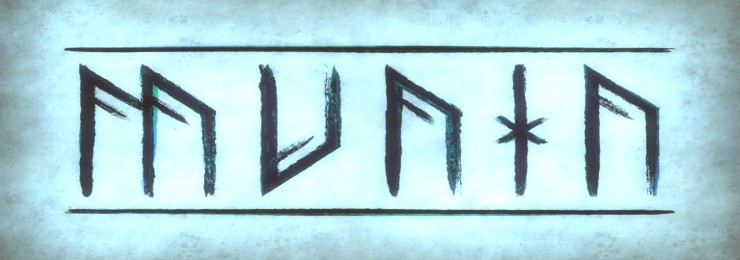

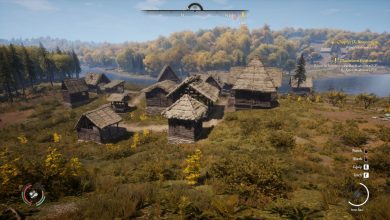
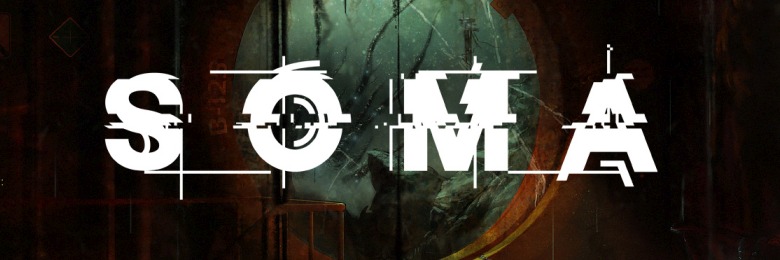

1 comment